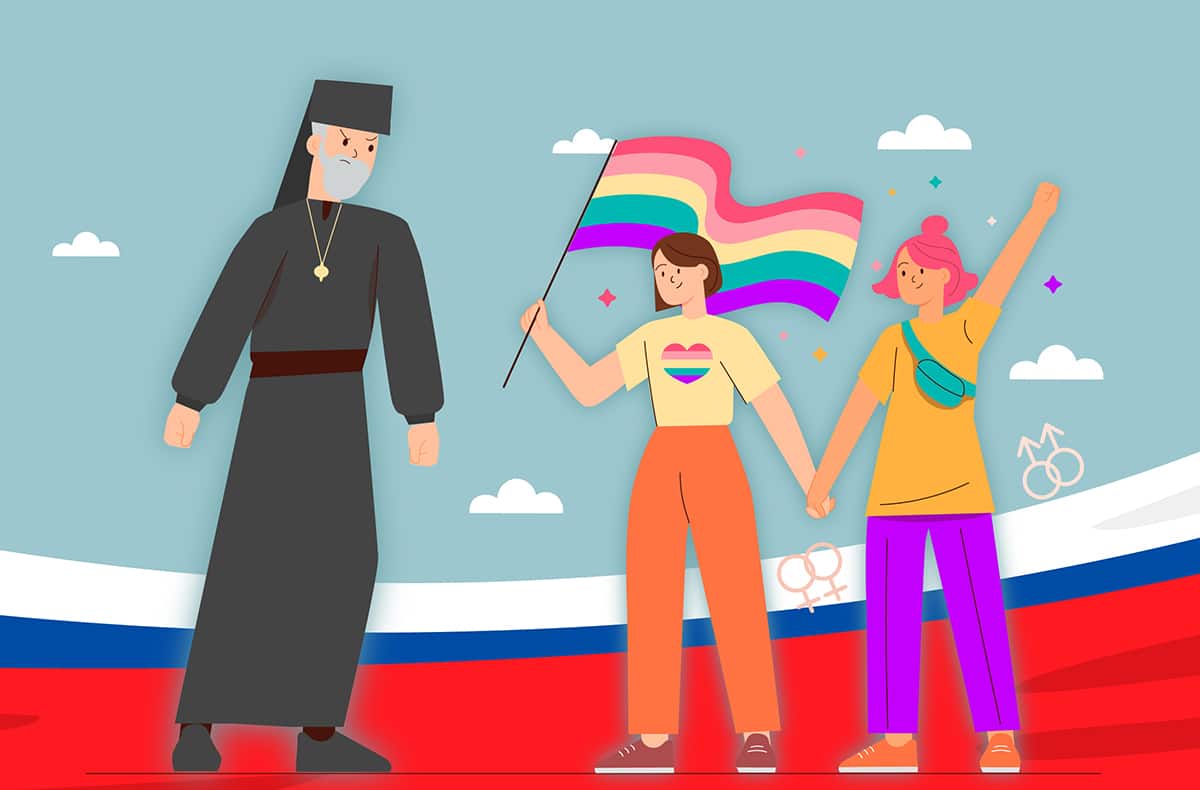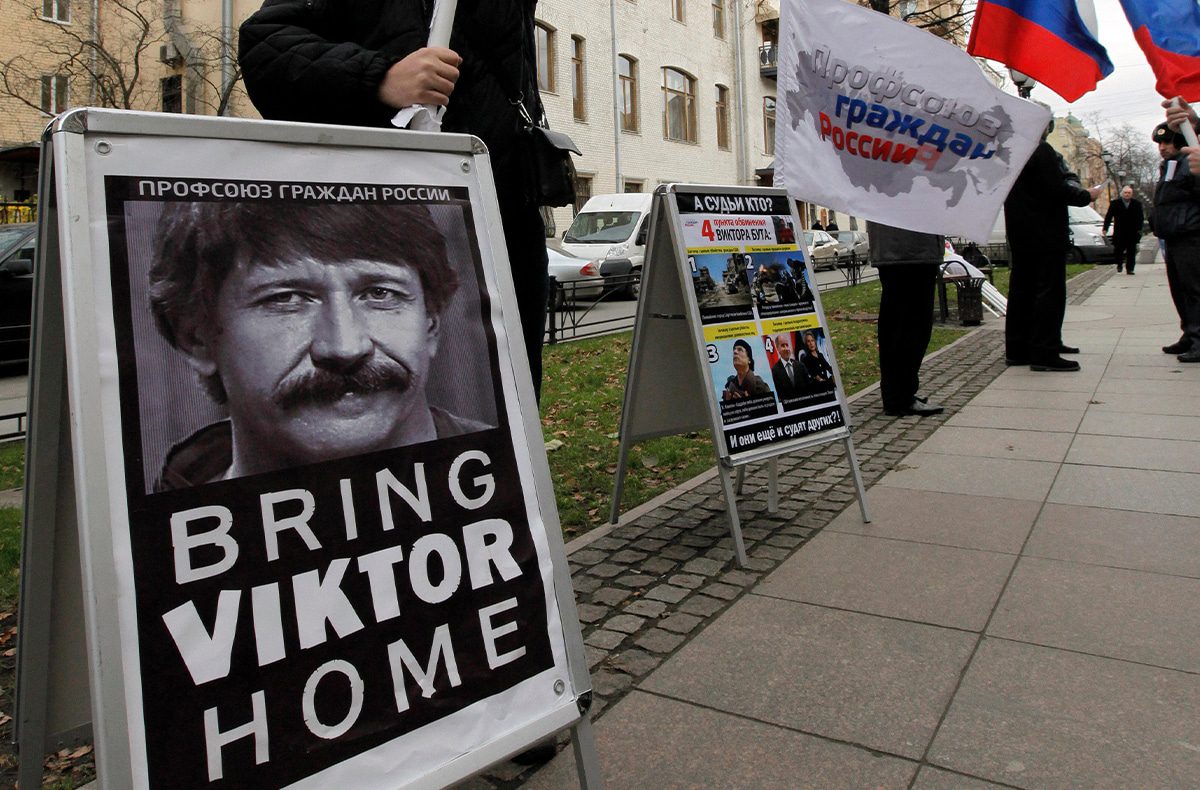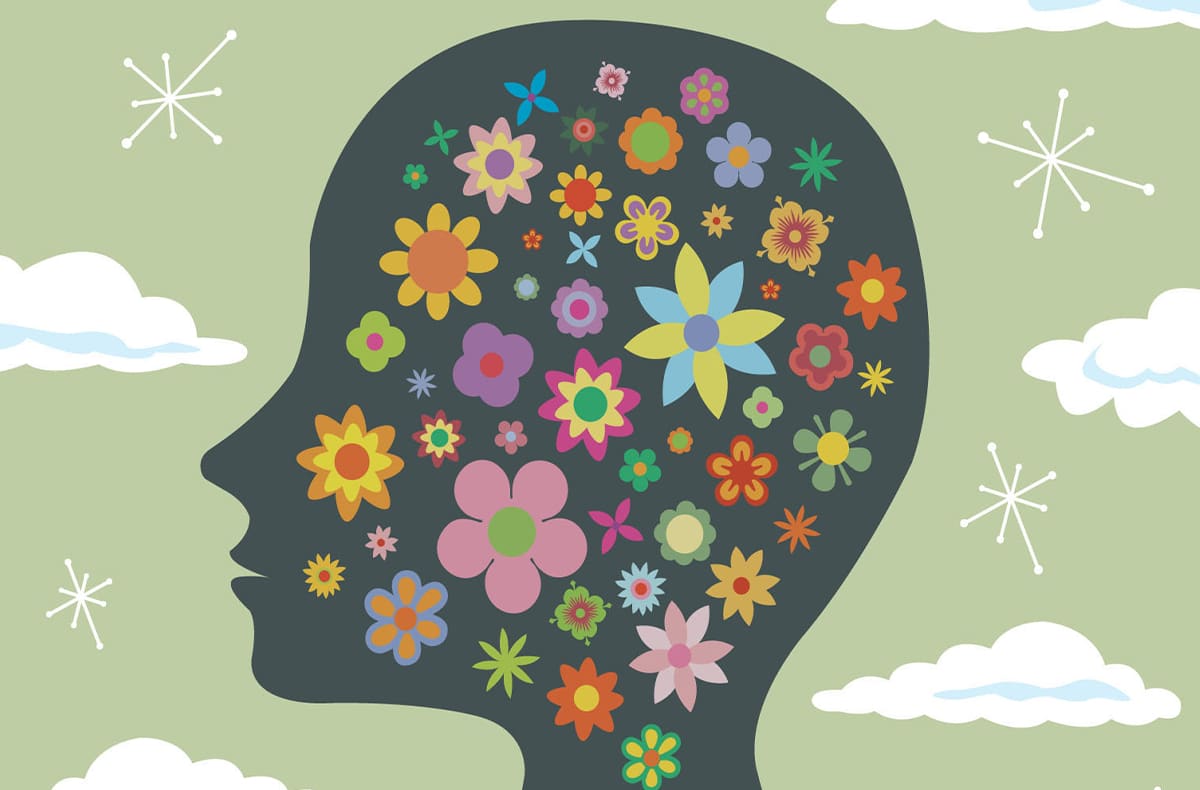
It’s been nine years since Russia enacted its infamous “gay propaganda” law — which, before Ukraine, was the first time I saw bar owners pouring vodka out into the gutter. On paper, the law was restricted to banning attempts at filling the minds of children with all sorts of gay fantasies (rather than making it illegal to actually be gay, as some people thought). In practice, of course, it signified a step backwards in LGBT rights in Russia at a time when the rest of the world was seemingly becoming more progressive, as well as a surge in appalling news stories about gay Russian teens being harassed.
It wasn’t always like this. “I learned of my interest in women in Moscow,” says Vica Miller, a gay rights activist born and raised in St. Petersburg, Russia, and the founder of Una Vida. No Plan who now splits her time between New York City and Cabarete, DR. “It felt strange and exciting, and I was lucky that it happened during the only decade of freedom in Russia, the ‘crazy 90s’ — basically during Yeltsin’s time at the helm of the country.
Miller was 28 when she came out as bisexual, and she fell in love with two women who were already in a relationship. Her experience as a “throuple” during a period of such historic change in Russia was the basis for her 2014 novel, Inga’s Zigzags.
“Everything seemed possible — the openness, the daring, the sense of unbridled freedom — both in business and private lives,” she said. “The new freedom of the Russian landscape, both mental and entrepreneurial, allowed us to be who we were.”
Still, she cautioned, “We’d never be affectionate in public. That was still a huge no. But in our business and glam circles, people knew. It was a bit like ‘Don’t ask, don’t tell.’”
Having been raised by Russian folk musicians who frequently performed in nightclubs in New York City, that was always the impression that I got as well. There were friends — mostly the male dancers — that we all sort of knew were gay, but no one ever said anything. They never talked about their love lives, and we never asked. It was the same when I lived in Russia again, having left as a child, when I was 21. If a woman dressed in a somewhat “butch” way and a man never showed any obvious interest in women, everyone made the relevant assumptions, but nothing was ever verbalized. In general, most of the Russians I’ve met believe that what happens behind closed doors is none of their business.
The other impression I’ve always gotten is that, like pretty much anywhere else in the world, even now, being openly gay wouldn’t be as much of an issue in a cosmopolitan city like Moscow or especially the artsy/hipstery St. Petersburg as much as the more rural areas. Miller agreed.
“It’s like that in any country,” she said. “If you live in a big coastal city — be it in the US, Russia, Europe or the Dominican Republic — coastal people are more open to anything, as the influx of foreign cultures and ways becomes adopted as one’s own. In villages, the waters stew into a brew, so to speak, that doesn’t have the influx and influence of fresh ingredients.”
It doesn’t help that, even during the revolution, when local priests were hung from trees, the Bolsheviks’ anti-religion campaign was largely unsuccessful, so people in rural areas tend to be more religious than city-dwelling types. The Kremlin’s attempts at reviving the public’s interest in Orthodox Christianity, along with the insistent push to return to “traditional family values” just make matters worse. LGBTQ rights aside, the only possible excuse I can make for why a lot of the Russians that I know aren’t exactly opposed to this movement is because while ‘90s Russia might have been a lot of fun for some, many people considered it a sh*tshow in which poverty, alcoholism, and the mafia reigned. In my experience, to live in a state of chaos leads to always wanting to revert to the familiar, to recede into the past rather than forge an uncertain future.
Perhaps that’s why there wasn’t much of an outcry when Patriarch Kirill, the head of Russia’s Orthodox Church, recently blamed pride parades — and Western “decadence” in general — for Russia’s invasion of Ukraine (???).
“Pride parades are designed to demonstrate that sin is one variation of human behavior. That’s why in order to join the club of those countries, you have to have a gay pride parade,” he said in his — ironically — Forgiveness Sunday sermon.
“And in Donbas, there is a rejection, a fundamental rejection of the so-called values that are offered today by those who claim world power,” he said. “We know that if people or countries reject these demands, they are not part of that world, they become strangers to it.”
It’s hard to imagine the situation around LBGTQ rights in Russia improving any time in the near future. When I asked Miller what direction she thought the country was heading towards in that regard, she said, “You know the answer. The same direction the USA is headed in with abortions.”
So I end this by saying what I always say when gay couples ask me if they should visit Russia (not that anyone would right now): Yes, it’s beautiful, but it’s probably safer if you avoid PDA. Or, as Miller put it, “Go but leave your gayness at the hotel. You will need to act like it’s the time before the Stonewall riots.”
It’s a sad state of affairs, but it’s the way it is for now.



